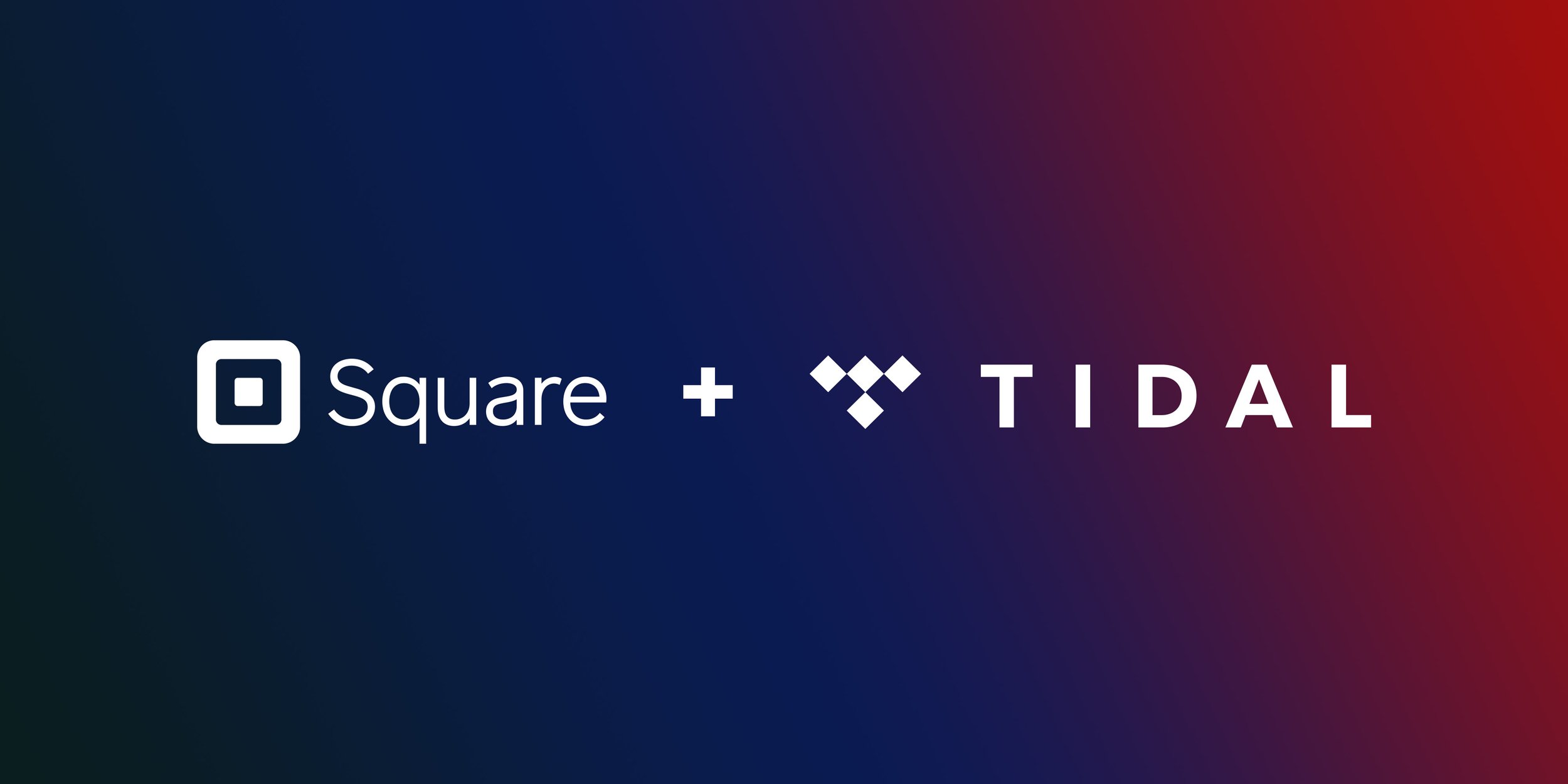
A Reality Check for Fintech in 2024
The once-unstoppable fintech sector has hit a major roadblock. After years of soaring valuations and record-breaking funding rounds, the industry experienced a staggering 50% decline in investment in 2023. This dramatic shift, a stark contrast to the previous boom years, begs the question: what happened, and what's next for fintech?

Exploring Generative AI’s Leap From Content Creation to Financial Services
From its simple beginnings of data crunching to now generating autonomously produced content, AI is continuing to transform the digital space. Its newest version, generative AI, has piqued consumer interest with its ability to generate human-like content, images, and audio - setting a precedent for what's technically achievable. This technology opens a new door of possibilities for B2B startups; ones that are creating the algorithms (such as OpenAI) and ones that are implementing them into real-world applications.

FRAUD: The Common Denominator in Traditional Finance and Web3
The headlines in the past few weeks have been inundated with FTX - the once high-flying cryptocurrency exchange that went from being one of the most lauded upstarts in the industry to being mired in scandal and embroiled in lawsuits. As shocking as this may be for the crypto ecosystem, which has yet to be regulated, one may be surprised to know that in the traditional world, where financial services have been regulated since the Civil War, financial institutions are still constantly facing regulatory concerns and financial crime.

Fintech Trends to Expect in 2022
Crypto backed loans and wallets, neobanks in emerging markets and personal finance tools tailored for millennials are the fintech trends I predict will gain momentum this year. Here’s why.

How Lenders Can Utilize Their Data as a Product
I had the pleasure of addressing 500+ John Deere Financial employees as the keynote speaker during their quarterly company-wide meeting. I shared my thoughts on how lenders can utilize their data as a product to drive innovation by partnering with Fintechs. [Presentation]

Small Startup, Big Bank
Forming partnerships with banks is challenging for startups as they need to navigate through bureaucratic approval structures and legacy technology systems. For early-stage startups, this process is time-consuming and requires extensive resources with no guarantee of acquiring a paying customer in the end. From my experience working with banking innovation teams, here are 4 things startups should consider while entering the banking sales cycle to increase their chances of success.

Spending, Saving and Investing, Automatically
Autonomous finance is a financial service that automatically conducts personal finance management based on algorithms, rather than manual human input. Essentially, a firm can manage their client’s spending, savings or investments automatically, without the firm or even the client manually submitting information. Here are the trends that are happening in this space.

The Power is in the Customer Data
As customer preferences change, banks are challenged with keeping up with expectations and the slew of alternative options. However, to keep pace with current innovation, banks can leverage their competitive advantage, customer data. Data can be used to enhance the customer experience by offering personalization throughout the customer lifecycle. Startups support this approach in a number of ways.

From Accepting Money to Making Money
Clubhouse, the social audio app that enables users to listen and speak to each other in real time, has 2 million weekly active users but has not generated any revenue yet. They partnered with Stripe to enable listeners to tip creators, but Clubhouse will not take a cut. Well, if partnering with a fintech company isn't a part of the revenue model yet, how else can Clubhouse finally monetize their service? Here are my thoughts.

Examining the Partnership Between Music and Fintech
Square, a payments technology company, acquired Tidal, a global music streaming service, for almost $300M. In a tweet, Square’s founder stated that “it comes down to a simple idea: finding new ways for artists to support their work.” As artists get paid from earning streaming royalties, performing and selling merchandise, this partnership can go in multiple directions. Here are my ideas.

Democratizing Wall Street
Social media has opened the door into a financial world that many knew existed but few actually understood. Although the power of social media is evident, it was still a shock to see a stock trading community on Reddit disrupt the financial market using a trading app, Robinhood. Interestingly enough, this heightened interest in trading benefited not only Robinhood but also its competitor, Public.com.

4 Fintech Trends to Expect in 2021
Political unrest, a deadly virus, and soaring unemployment may sound like an interesting night at the movies, but it's actually a succinct description of the year 2020. As our new normal materializes, what does it all mean for fintech?